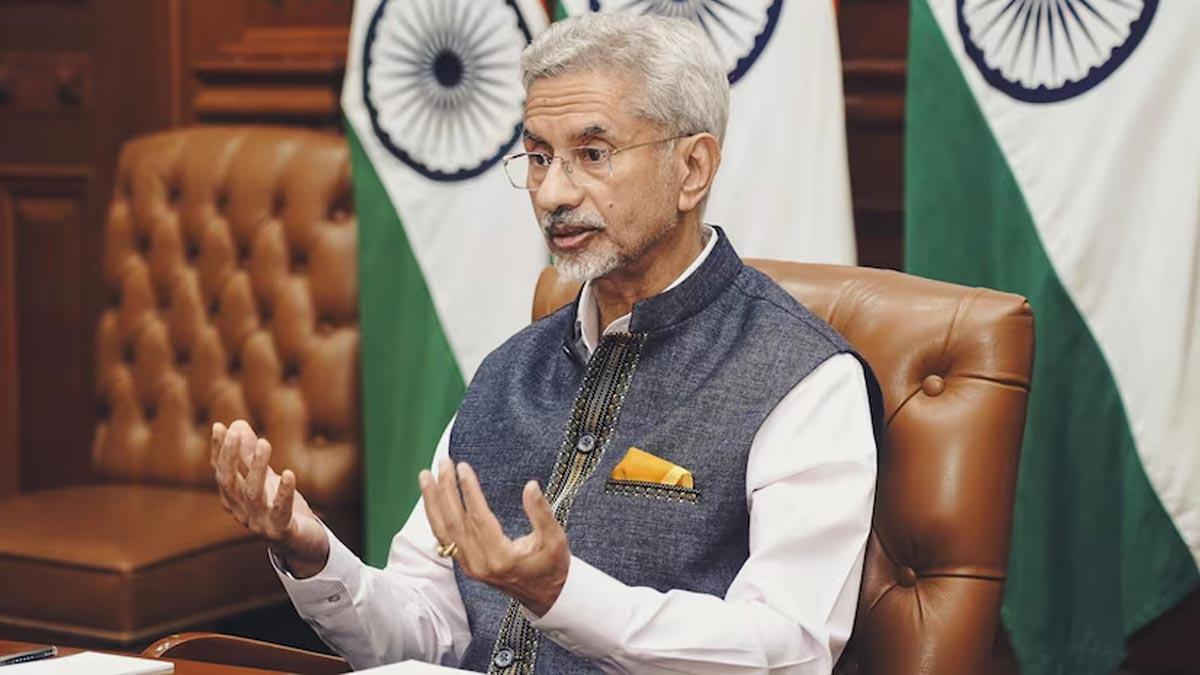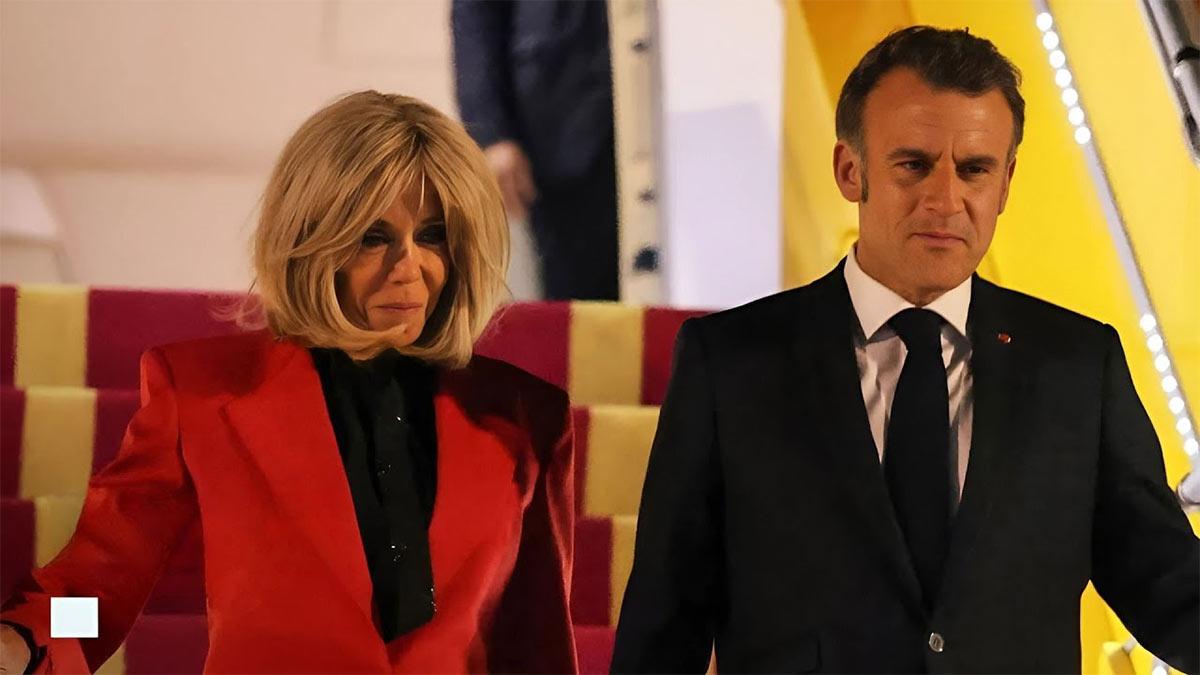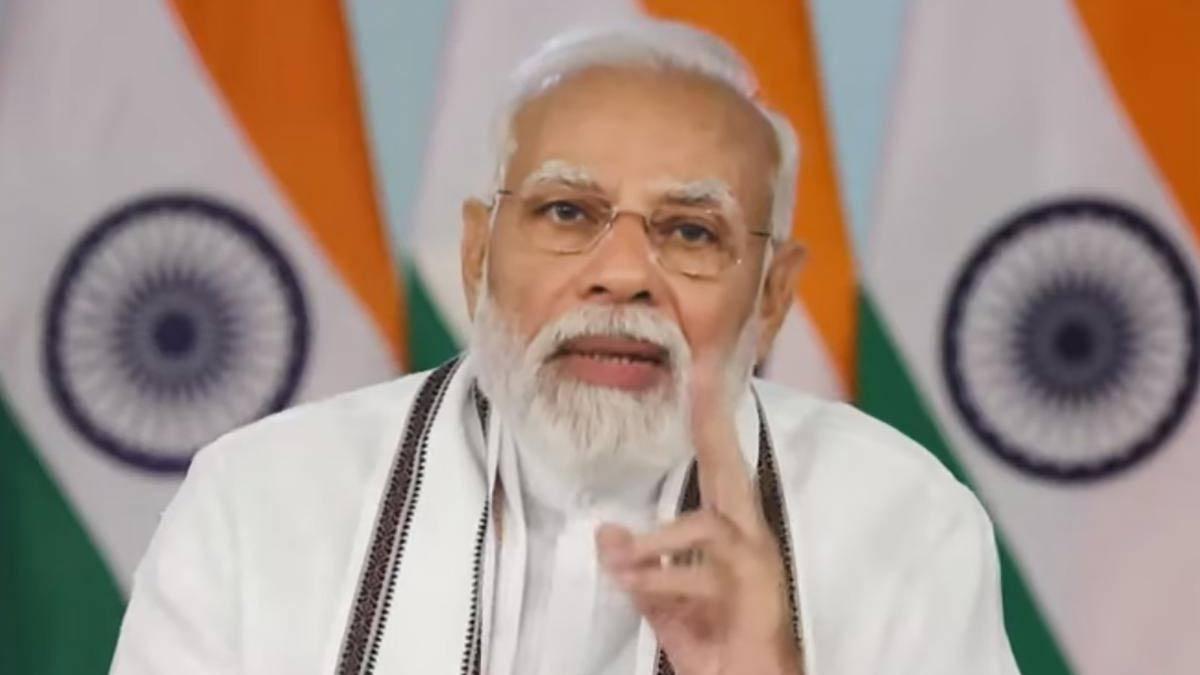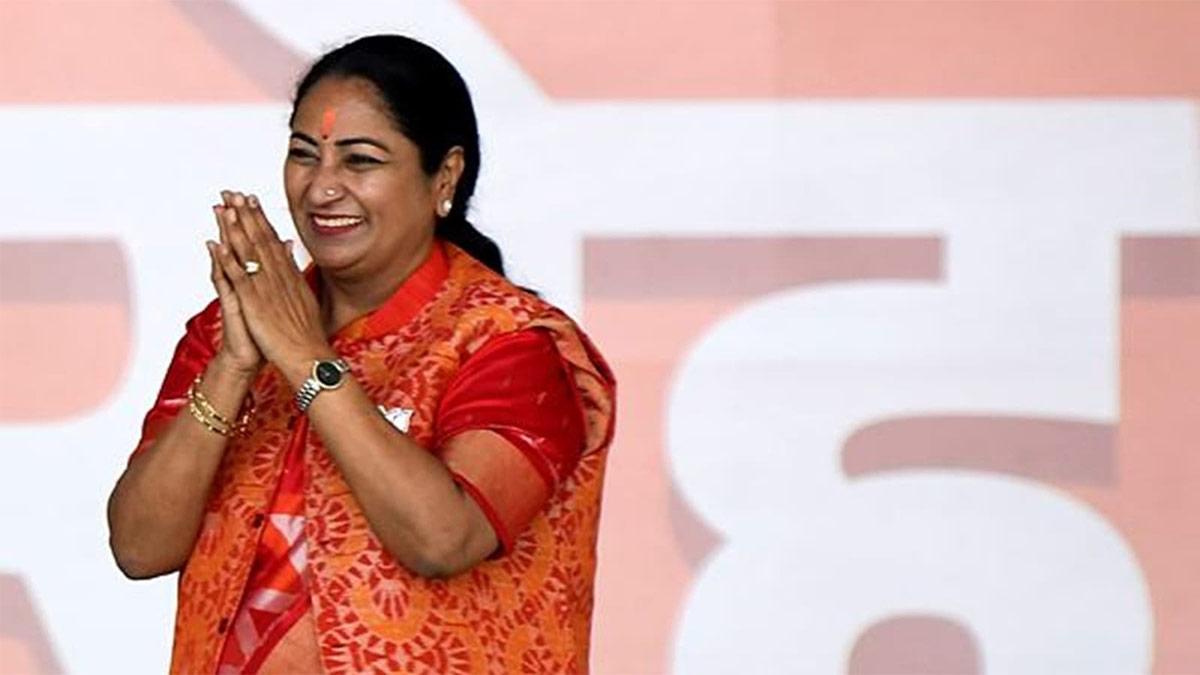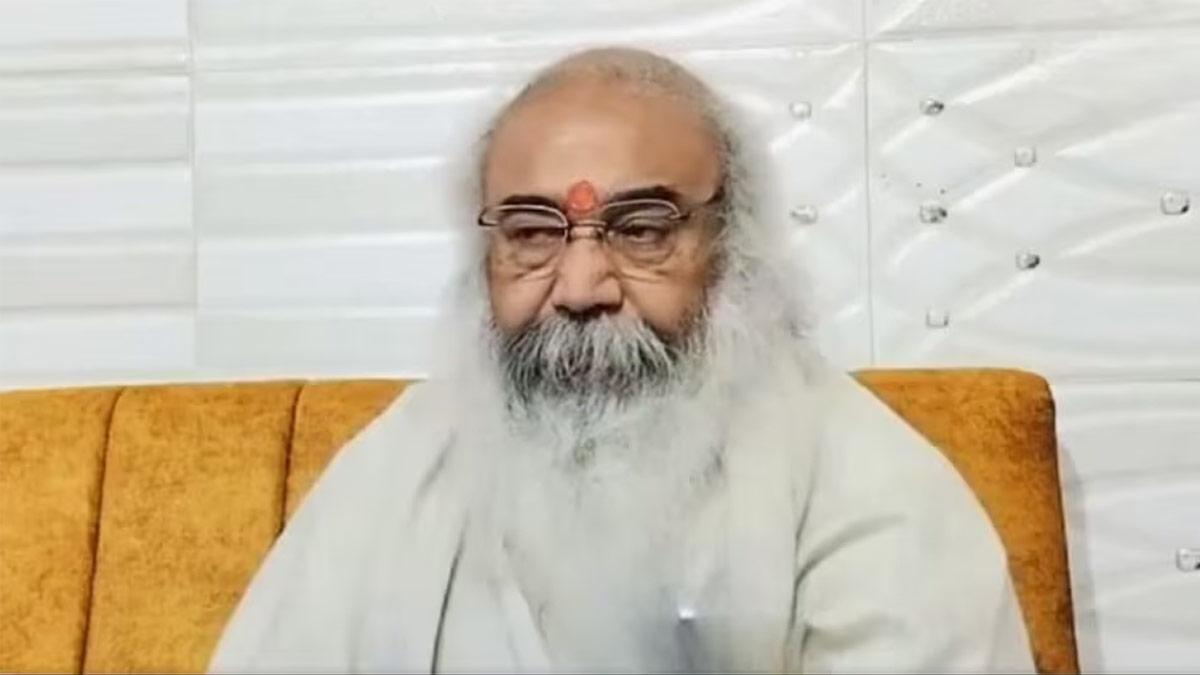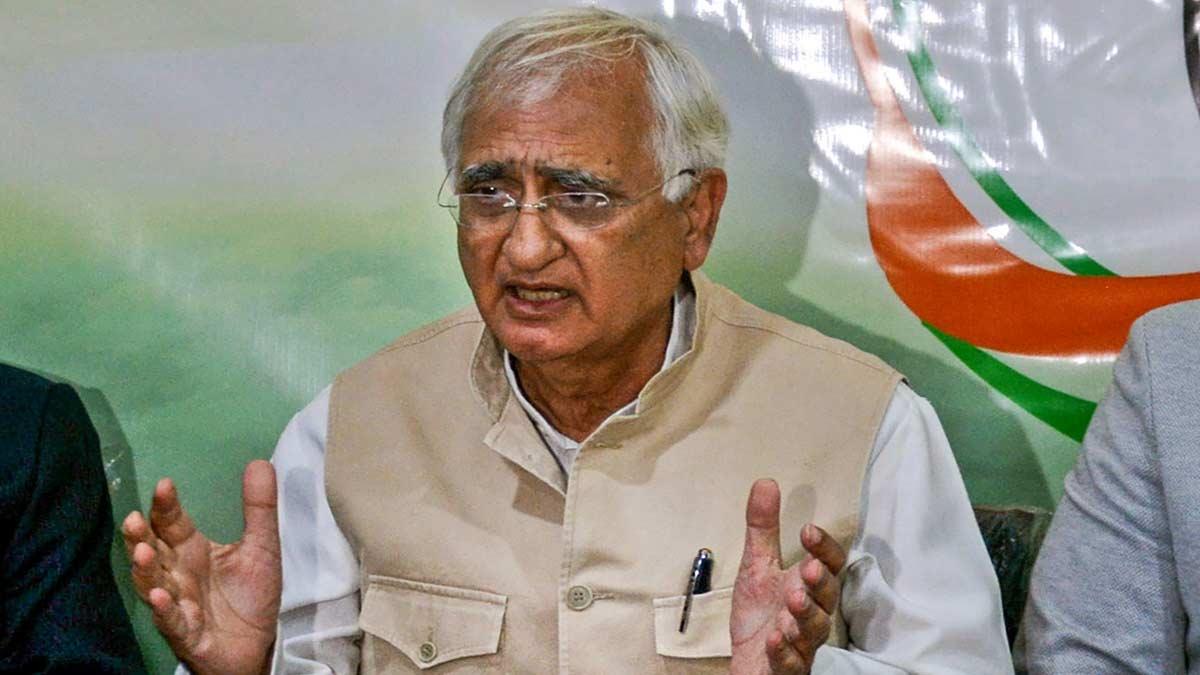External Affairs Minister (EAM) S. Jaishankar on Friday sent a clear warning against terrorism and nuclear blackmail, stating that India will never fall prey to nuclear coercion.
Addressing the convocation ceremony at Parul University in Vadodara, Gujarat, he reiterated the nation's strong stand against terrorism and those who encourage it.
Referring to recent developments, particularly Operation Sindoor, EAM Jaishankar stated that these events have heightened the nation’s awareness of the persistent threat posed by terrorism.
“What we witnessed in Pahalgam was not just an attack—it was an attempt to cripple Kashmir’s tourism sector and fuel religious divisions,” he remarked.
He also emphasized that the savagery of the attacks required a firm and symbolic response. That response was in the shape of targeted attacks on terrorist command centers located in places like Bahawalpur and Muridke.
"It is necessary that those who finance, sponsor and use terrorism for their purposes be made to pay a steep price.". That it deserved a strong response even after the 26/11 Mumbai terror attack in 2008 is something universally accepted. But things have changed now, and our determination is much more robust now. Terrorism hubs are no longer safe. India's zero-tolerance policy towards terrorism is reflected today by its actions. We will never succumb to nuclear blackmail. And whatever choices are required to be made in India's national interest are made and will keep being made," Jaishankar asserted.
He also pointed towards the global support India enjoys for its fight against terror, with many countries recognizing and endorsing India's right to self-defense.
In a time of storytelling, it is also to be expected that many will be declaring friendships. After all, one of the aims of diplomacy is to maximise solidarity with other countries in order to bolster one's own hand. Some nations do that by forming collectives by geography and history; some others appeal to religion, language or culture," he said.
Jaishankar connected this international solidarity with India's domestic strength, particularly through the "Make in India" program that has become integral to the nation's policy.
"Capabilities and confidence build together, and promotion of our talent and skills is very much part of India's progress," he stated.
He took pride in declaring that locally-developed technologies were a key and successful contribution to the recent counter-terror mission, Operation Sindoor.
"There can be no stronger rebuttal for those who openly criticized 'Make in India' and disappointed national self-assurance. I sincerely hope that students returning to their native lands take back this message, this lesson. This can inspire them to consider similar initiatives at home," Jaishankar concluded.
Read also| Sambit Patra Challenges ‘Saboot Gang’: ‘Rafale Crash Would Have Left Wreckage’
Read also| Salman Khurshid: Article 370 Abrogation Resolved Kashmir’s Major Issues"

